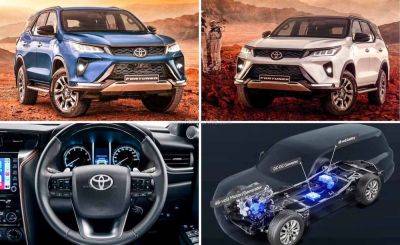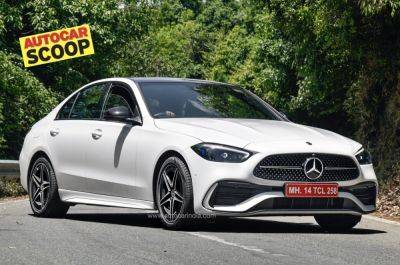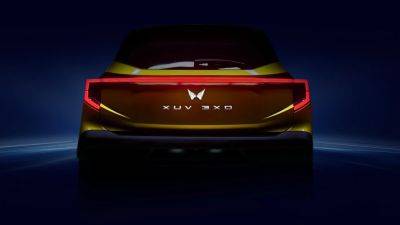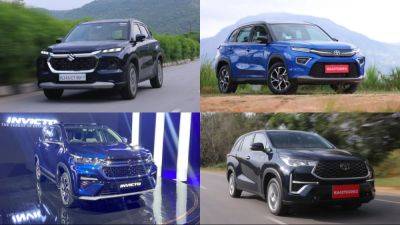3 Ways Hybrids Could Become More Affordable In India
Given the preference for strong hybrids compared to pure EVs, the government might reduce taxation on the greener alternative for faster adoption
The push for electrification in India’s automotive space has been primarily focussed around battery electric vehicles (BEVs), looking to skip the hybrid stage altogether. However, global brands like Honda and Toyota and even Maruti through its tech sourced from Suzuki, have introduced hybrid models in India in the last few years.
However, these models with both petrol and electric propulsion systems carry a hefty premium over their combustion engined counterparts. For example, the price gap between comparable variants of the petrol and hybrid variants of the Maruti Grand Vitara currently stands at around Rs 3 lakh, but you also get a few additional features. In the case of the Honda City sedan, the premium for the hybrid variant can easily exceed Rs 4 lakh.
Other carmakers have not explored hybrid powertrain options due to a lack of government incentives in India. However, given the popularity and preference of hybrids for their lower running costs and comparatively lower purchase price as opposed to pure-EV equivalents, we might see this powertrain technology get more affordable in the future. Here are three ways that can happen:
Reduced Taxation
As mentioned earlier, the Indian government has not been offering any incentives for strong-hybrid powertrain technology, focussing instead on pure EV technologies. However, it was recently reported that the Minister of Road Transport & Highways (MoRTH), Nitin Gadkari had stated that the tax on hybrid vehicles should be reduced from the current 48 percent GST to 12 percent GST. In comparison, EVs are levied a tax of 5 percent GST.
Such a change would require the approval of other ministries as well, but if brought into effect, could reduce the premium of a hybrid variant over a petrol variant by a significant amount.
Lower Material Costs
One of the main cost models that project the increased affordability of EVs states that as the demand and adoption for EVs rises, and the related technologies get more efficient, the cost of input materials will drop. Given that one of the







